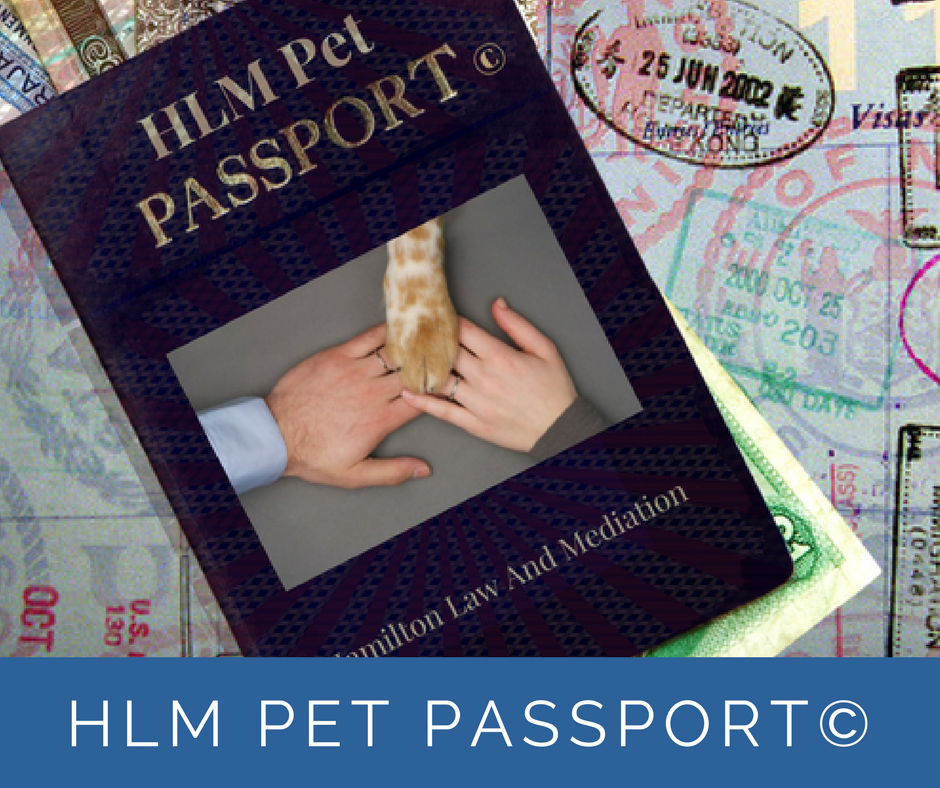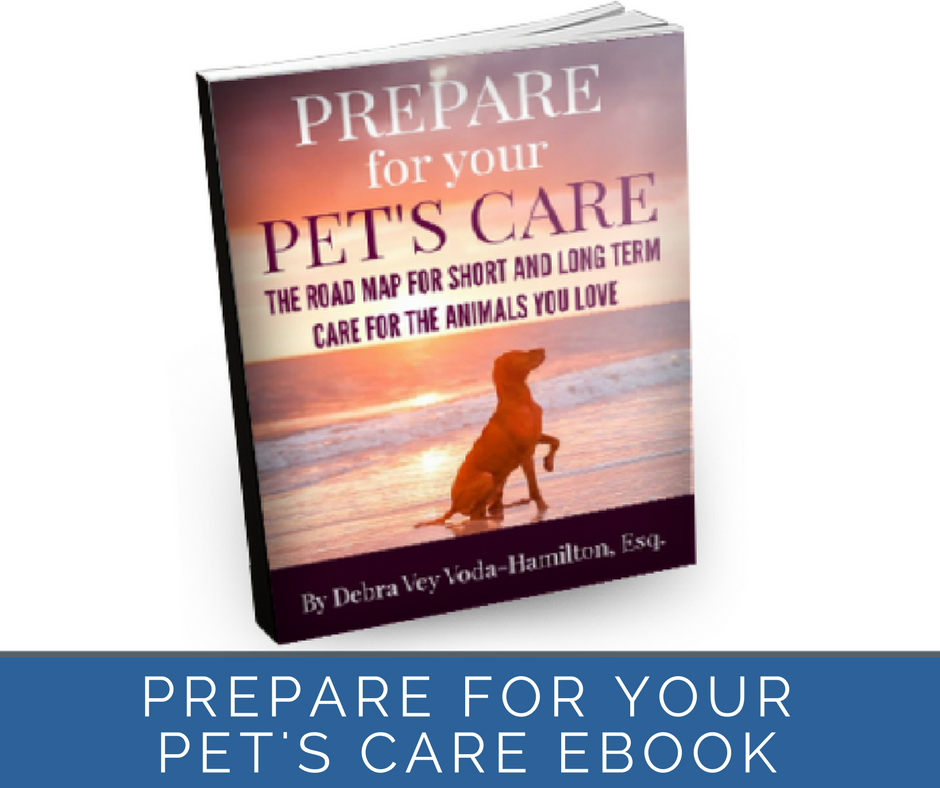 In 2015, I published a book highlighting how mediation would help people in conflict over animals. It is now 2024, and the premise of my book still resonates with people in conflict over animals. I still believe mediation is the best way to start a discussion involving animals. Mediation helps people feel heard, respected, and understood for their point of view, which supports taking the next steps necessary to resolve a conflict in the best interests of their pet.
In 2015, I published a book highlighting how mediation would help people in conflict over animals. It is now 2024, and the premise of my book still resonates with people in conflict over animals. I still believe mediation is the best way to start a discussion involving animals. Mediation helps people feel heard, respected, and understood for their point of view, which supports taking the next steps necessary to resolve a conflict in the best interests of their pet.
Litigation is not the best answer in most conflicts over animals. After 2020 and the COVID shutdown of Courts across the country, Judges and parties alike were forced to use alternative dispute resolution (ADR) to resolve their disagreements. These processes happened to serve the majority of litigants very well. Workplace disputes were the first to see benefit from this shift to presumptive ADR. More cases are being ‘sent’ to ADR by judges and their ADR coordinators to see if a less adversarial process will help the parties resolve their issues in both their best interests. Instead of a win/lose outcome from litigation, or a lose/lose outcome in arbitration, parties experience a win/win outcome in mediation.
Here are 5 common pet-related conflicts and how mediation can help resolve them:
- Conflicts between pet owners and their spouse over pet care responsibilities:
- Often one spouse feels they are doing the majority of pet care duties like feeding, walking, and cleaning up after the pet.
- Mediation can help couples have an open discussion, understand each other’s perspectives, and negotiate a fair division of responsibilities.
- Disputes with neighbors over a pet’s excessive barking or roaming:
- Neighbors may complain about a pet’s barking at night or wandering into their yard.
- Mediation brings both parties together to discuss the issues calmly, understand relevant laws/rules, and come up with mutually agreeable solutions like training, fencing, or limiting outside time.
- Disagreements with veterinarians over treatment plans or costs:
- Pet owners may disagree with a vet’s recommended course of treatment, especially for expensive procedures.
- Mediation allows the owners and vet to explain their reasoning, review all options and associated costs/risks, and negotiate an agreed treatment approach.
- Conflicts between breeders and buyers over health, behavior, or breeding rights:
- New owners may claim the breeder misrepresented the pet’s characteristics or failed to disclose potential issues.
- Mediation enables both sides to air their concerns, review the breeder’s protocols and contractual obligations, and determine if any remedies are warranted.
- Custody disputes over a pet after an owner’s divorce or separation:
- Splitting couples may fight over who keeps the family pet they’ve both bonded with.
- Mediation explores compromise solutions like shared custody schedules or “pet-nups” determining future ownership based on circumstances.
In all these cases, mediation provides a neutral setting for open communication, creative problem-solving, and resolving pet conflicts through compromise rather than adversarial means.
Are you involved in a conflict over a pet? Is someone you know in an animal-related conflict?
Do you want to set up an agreement to avoid future conflicts? Let me know how I can help.
Email me at info@hamiltonlawandmediation.com or call 914-552-5021 •
Resource: https://www.fsis.usda.gov/employees/employee-news-stories/power-alternative-dispute-resolution-programs-resolving-workplace






